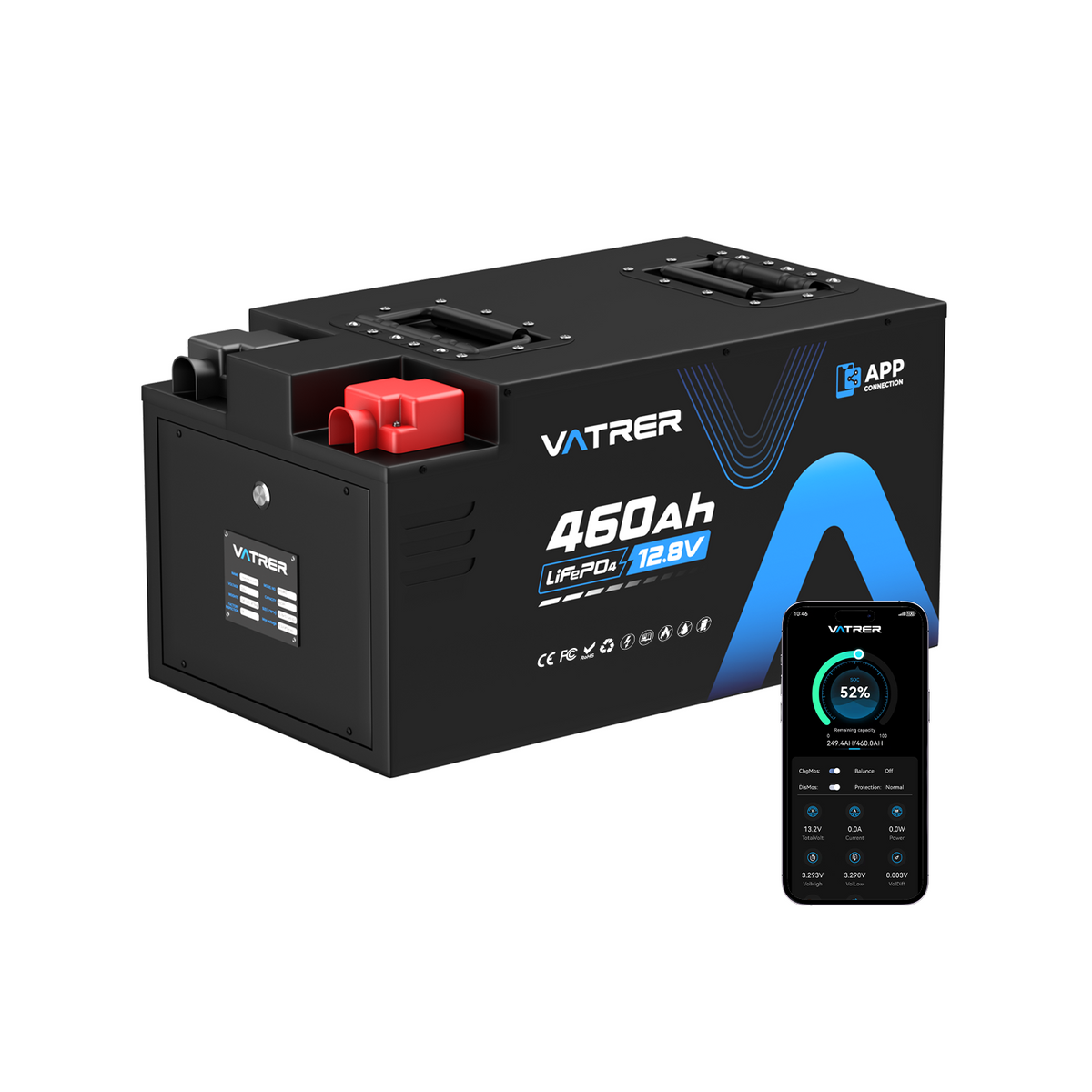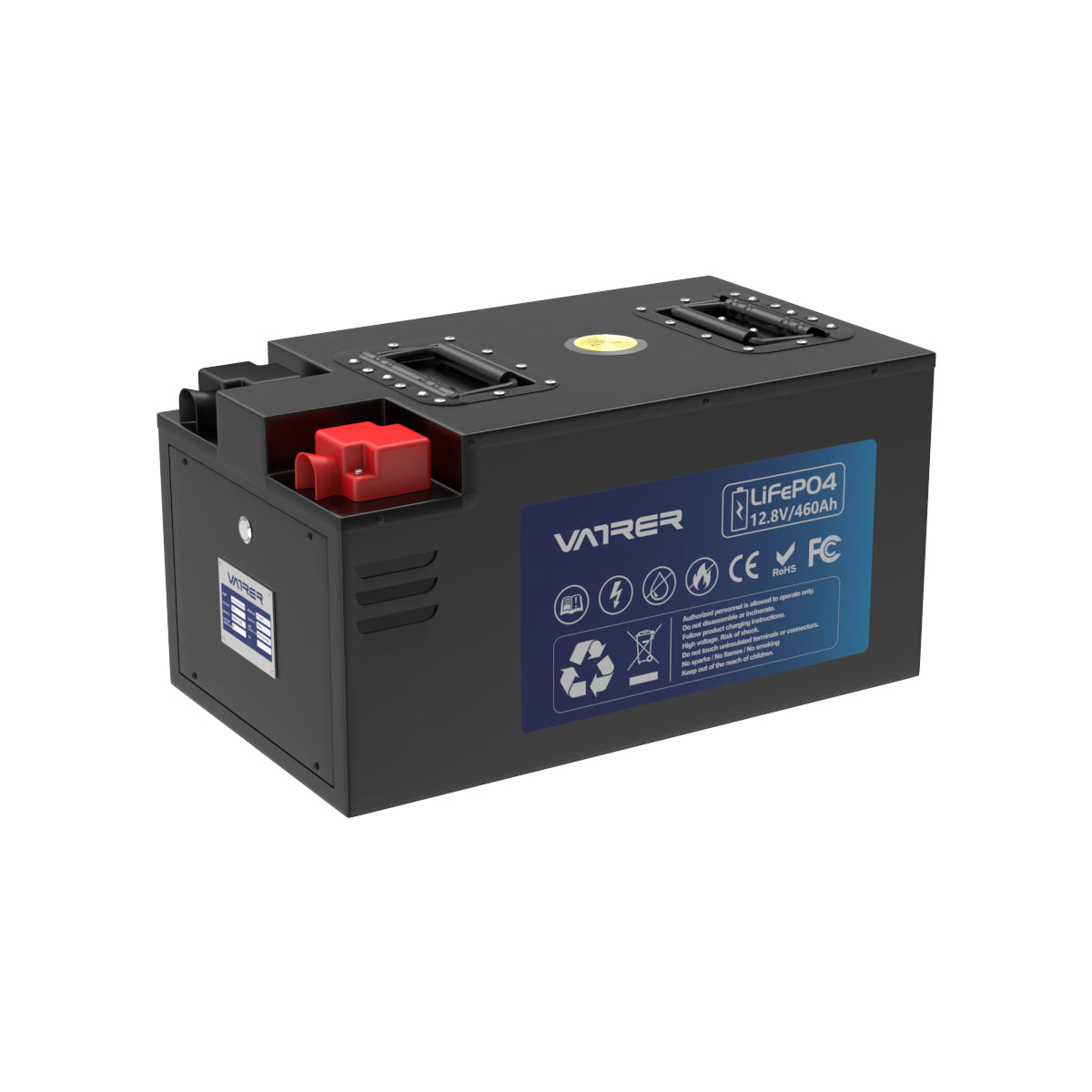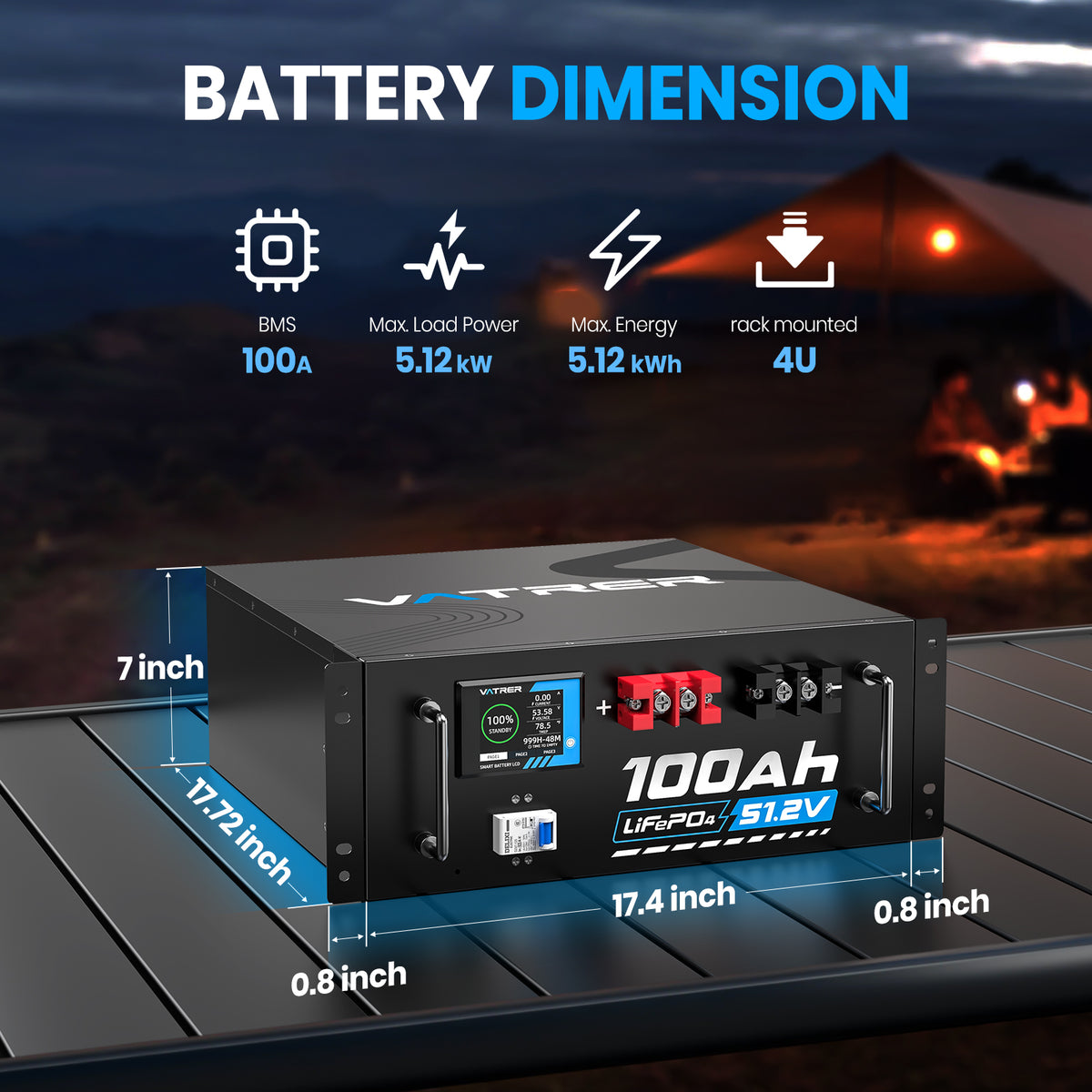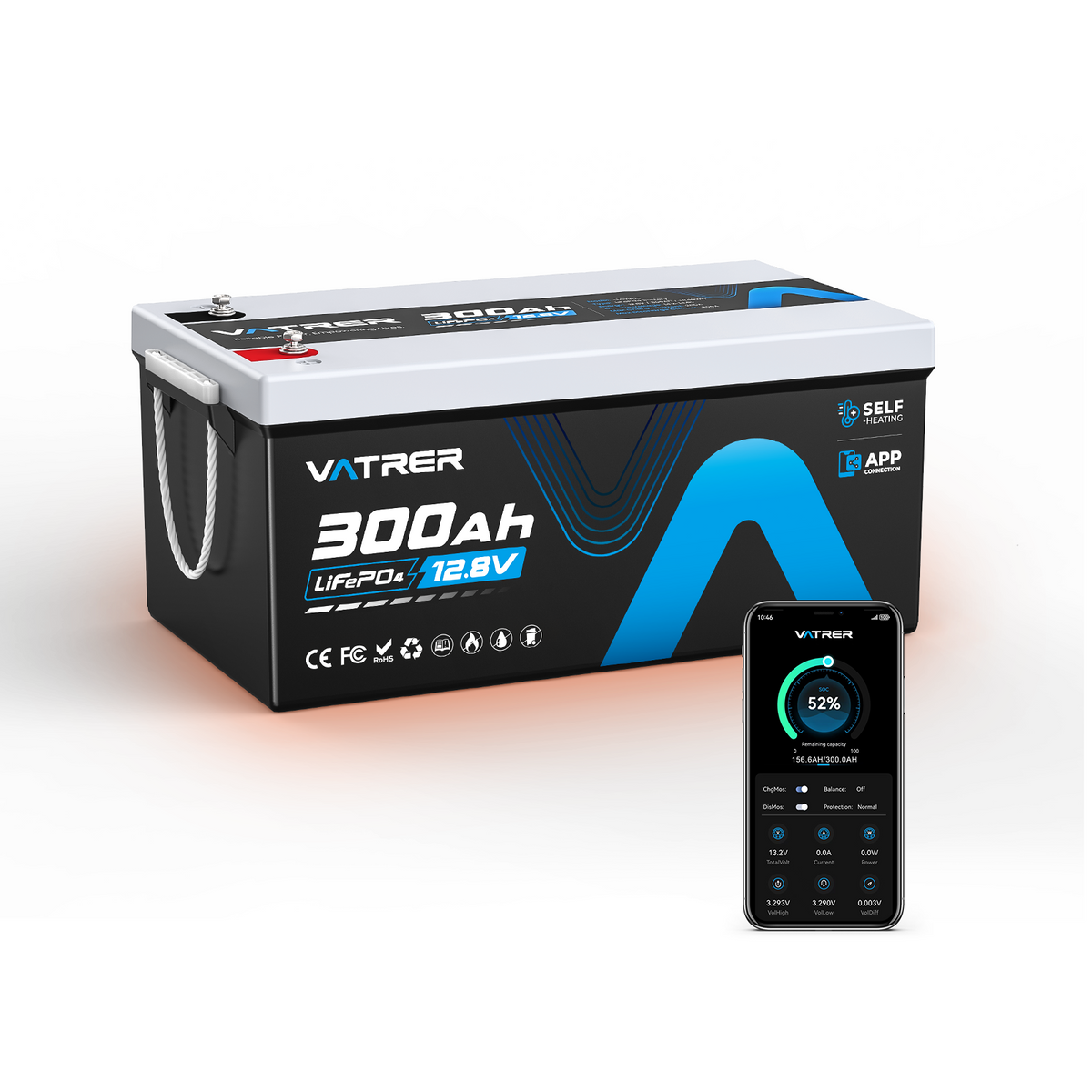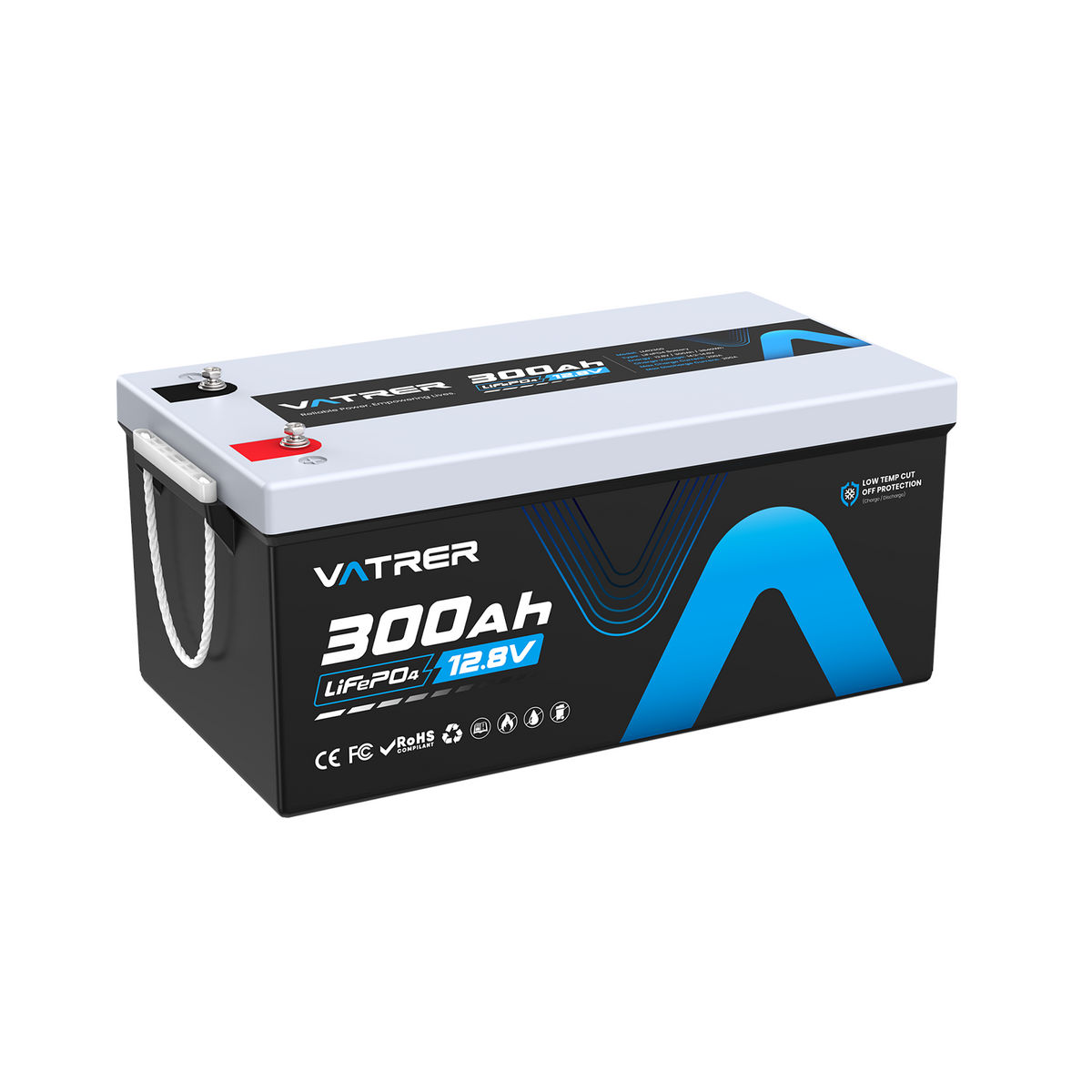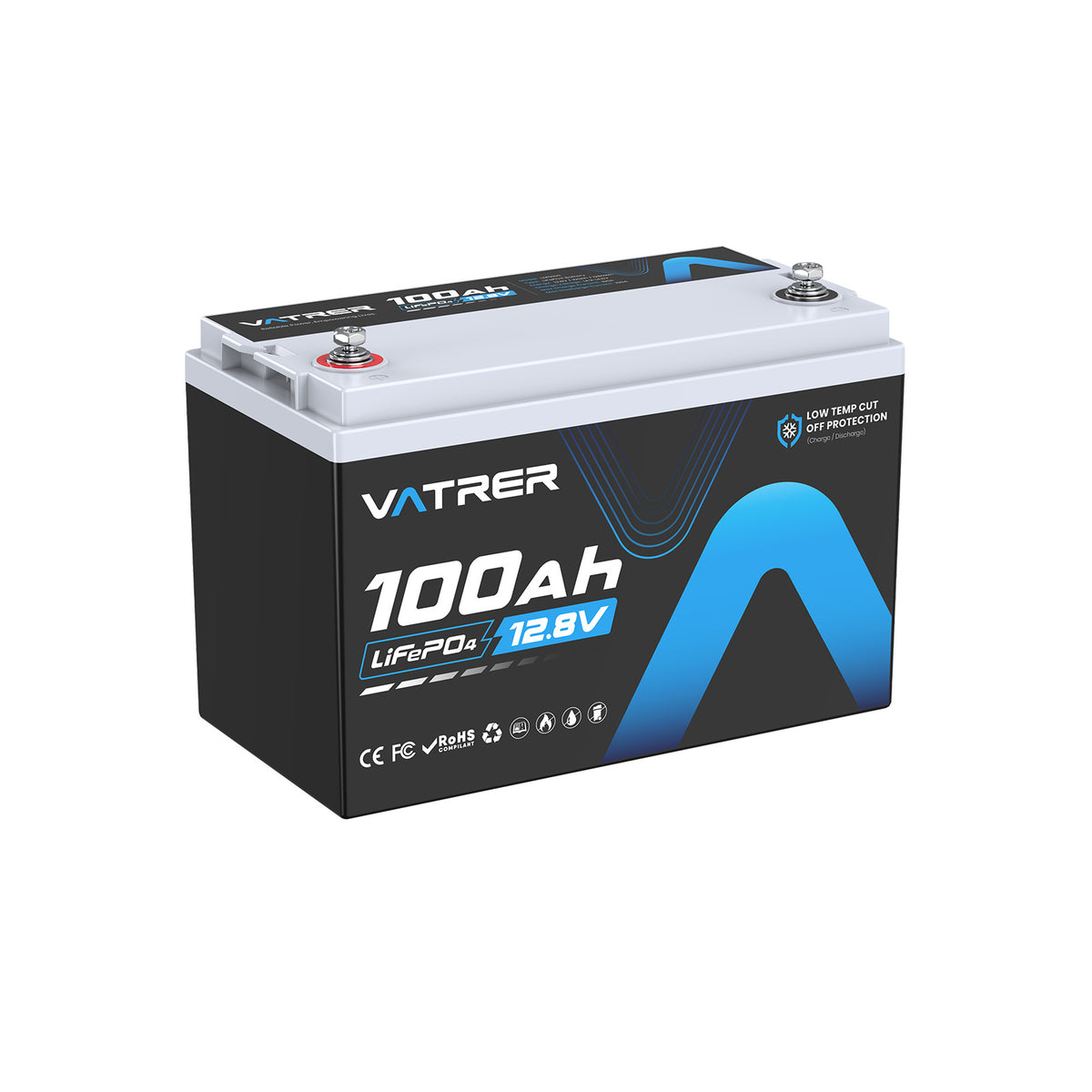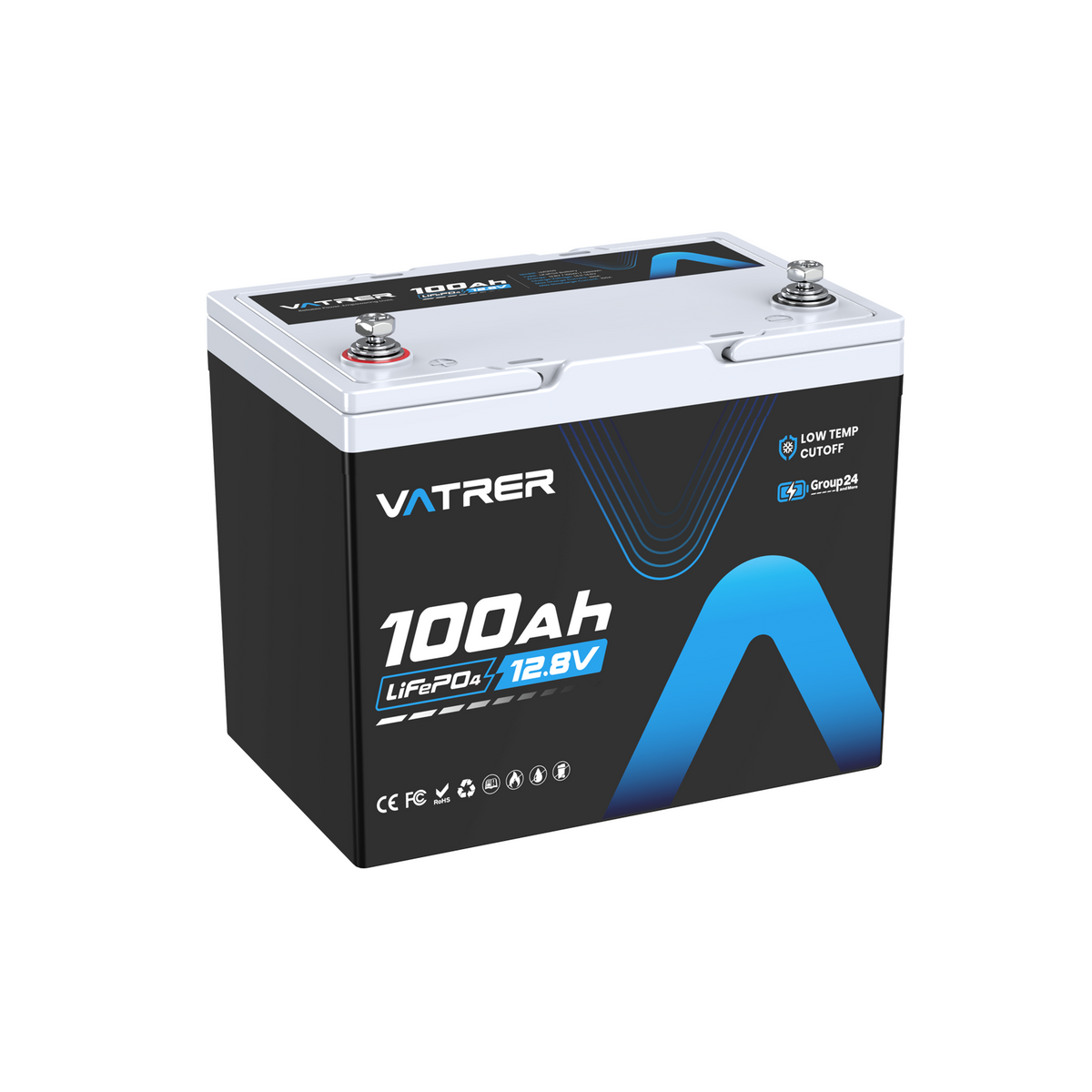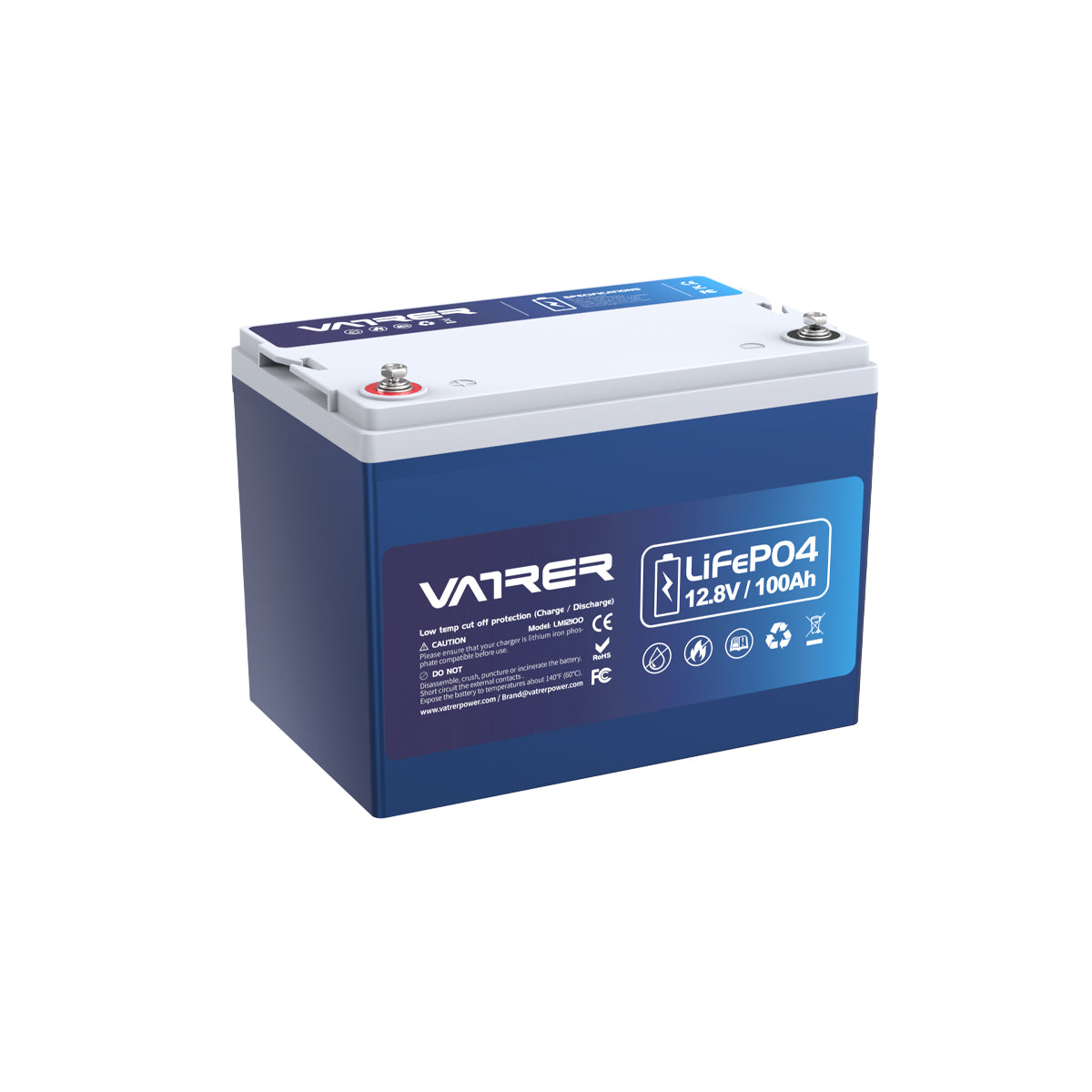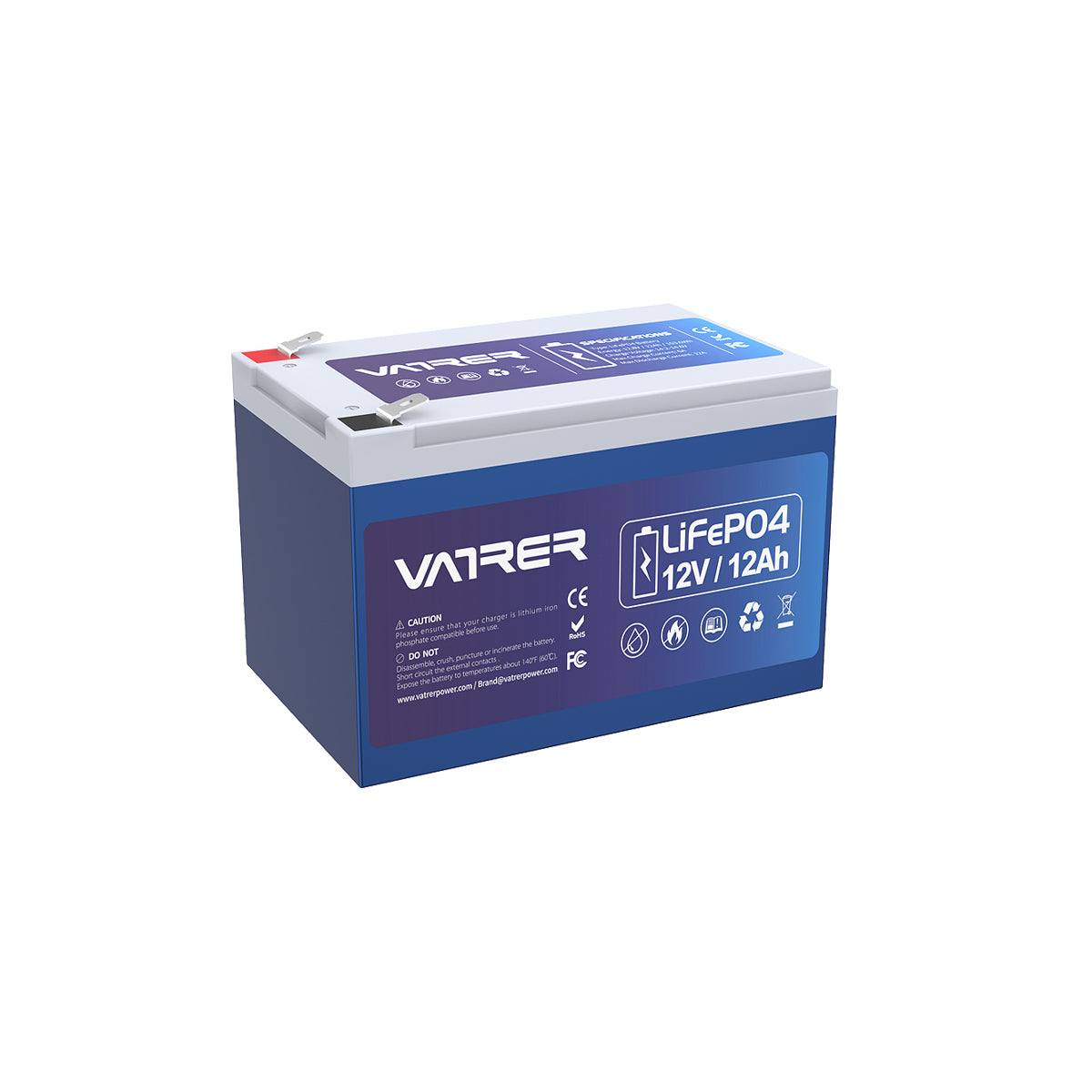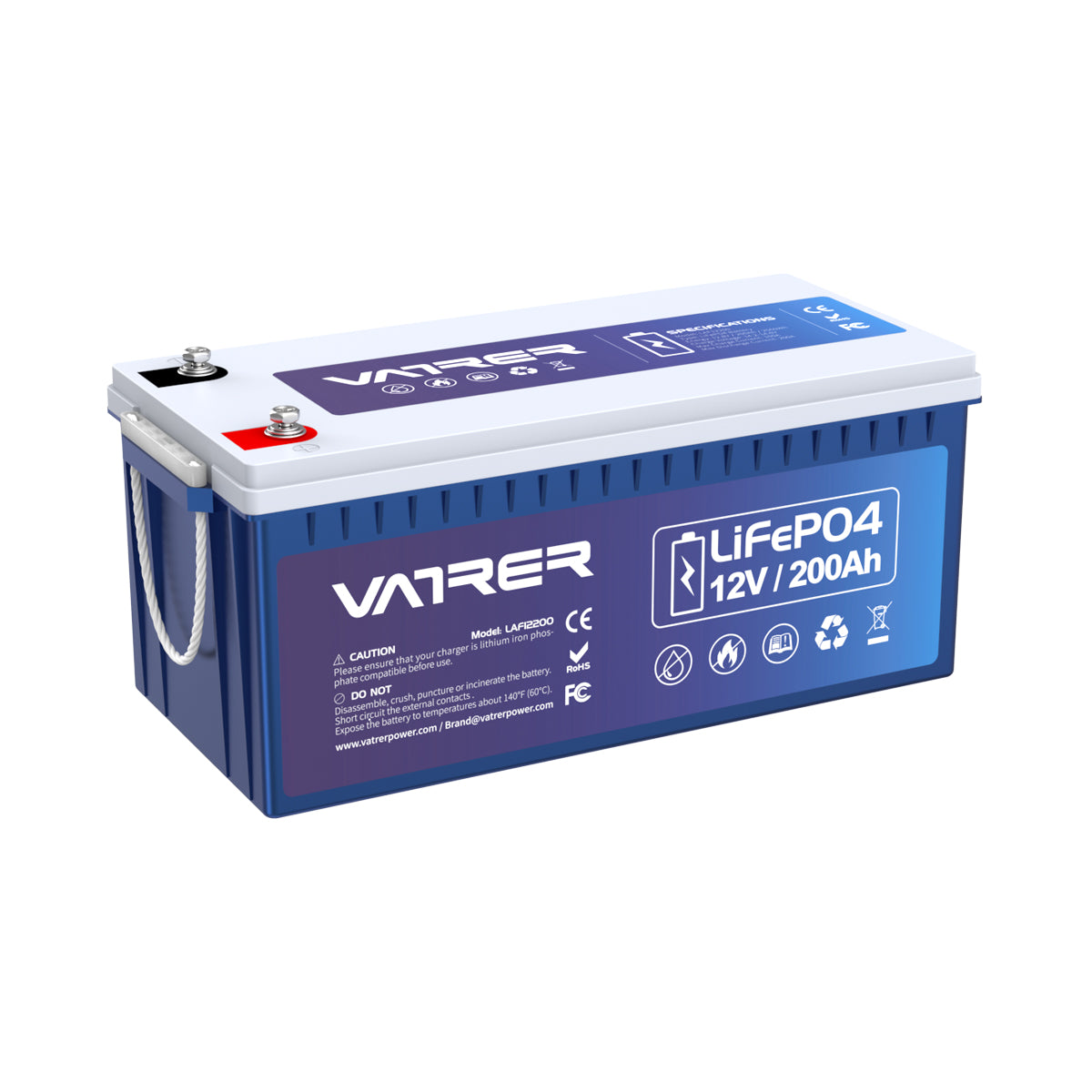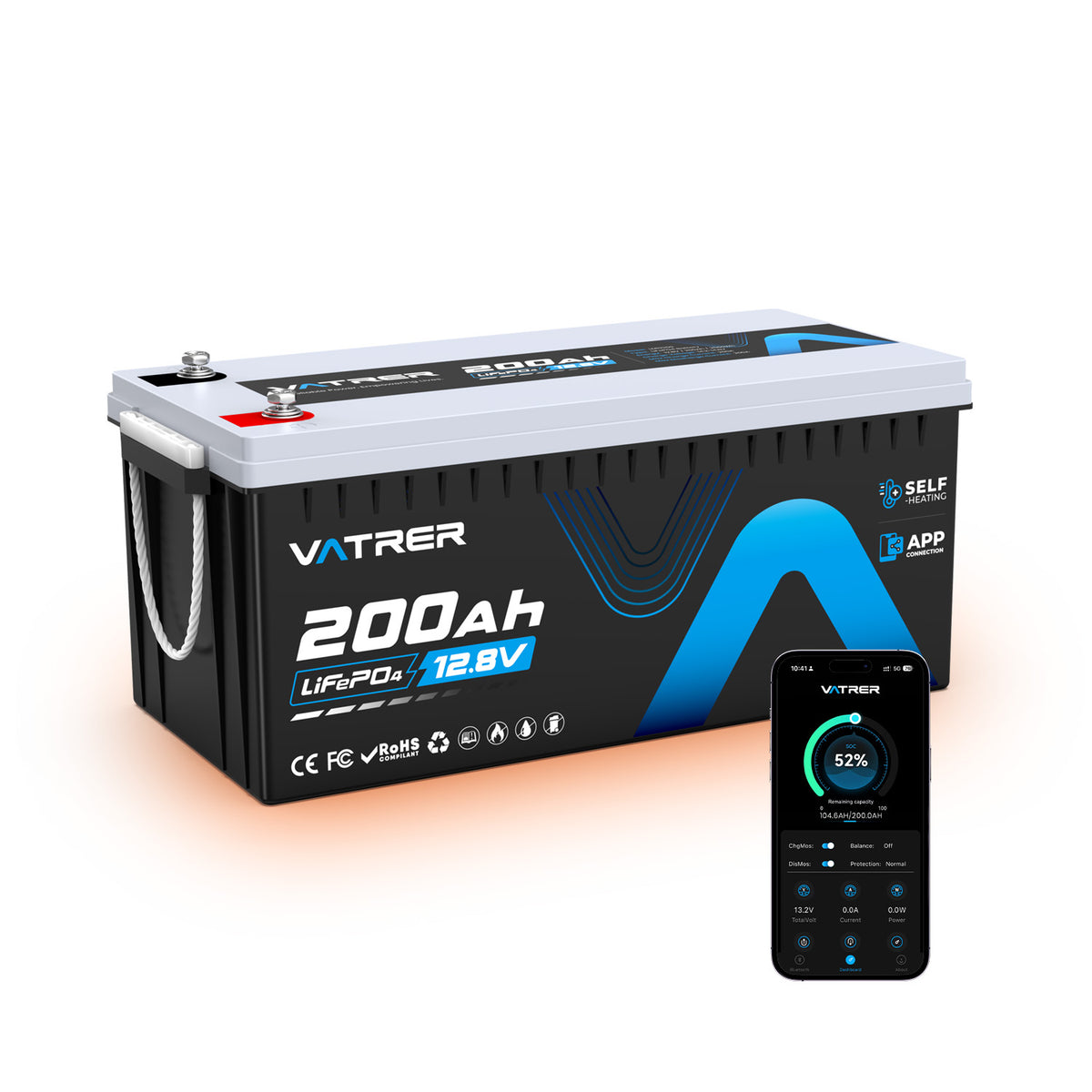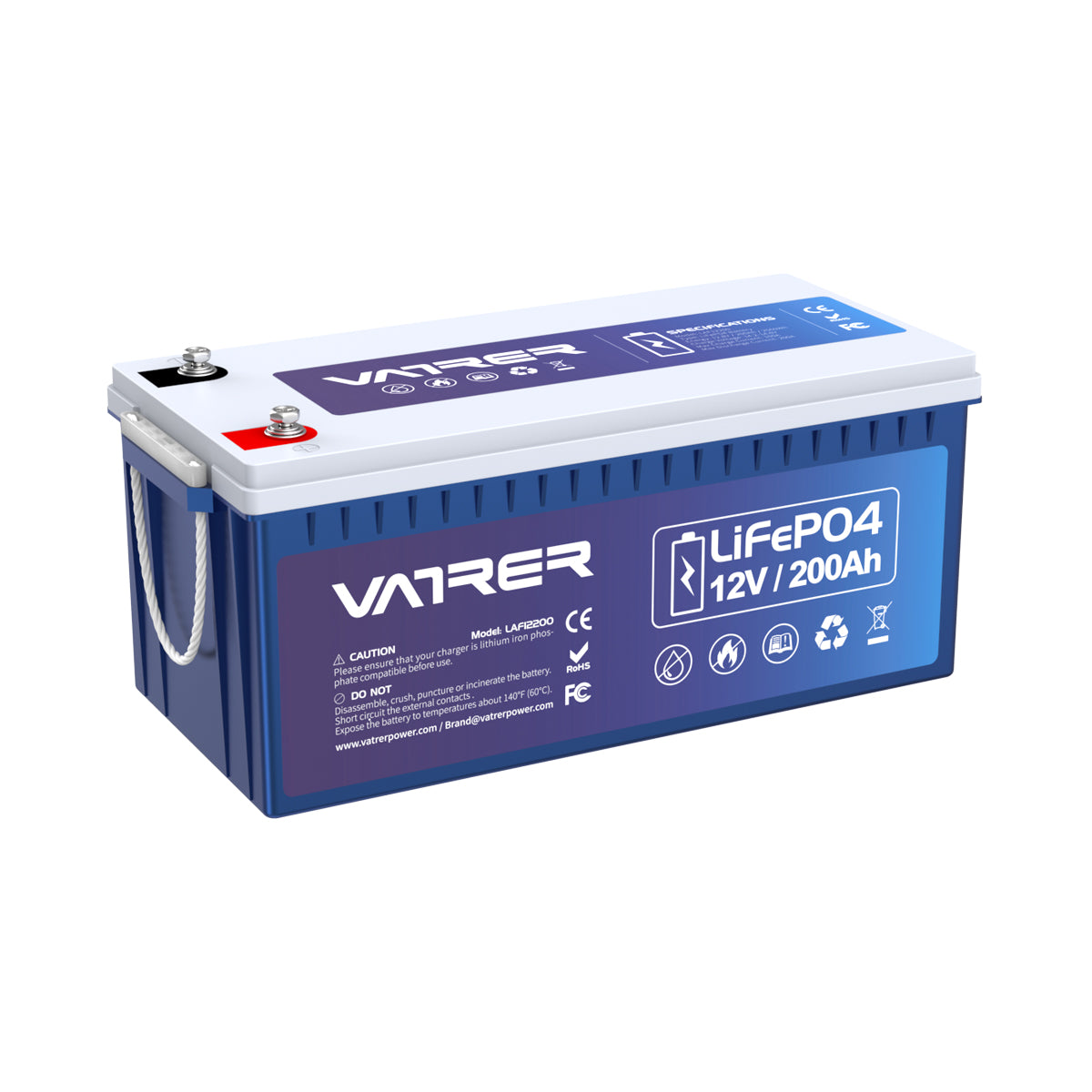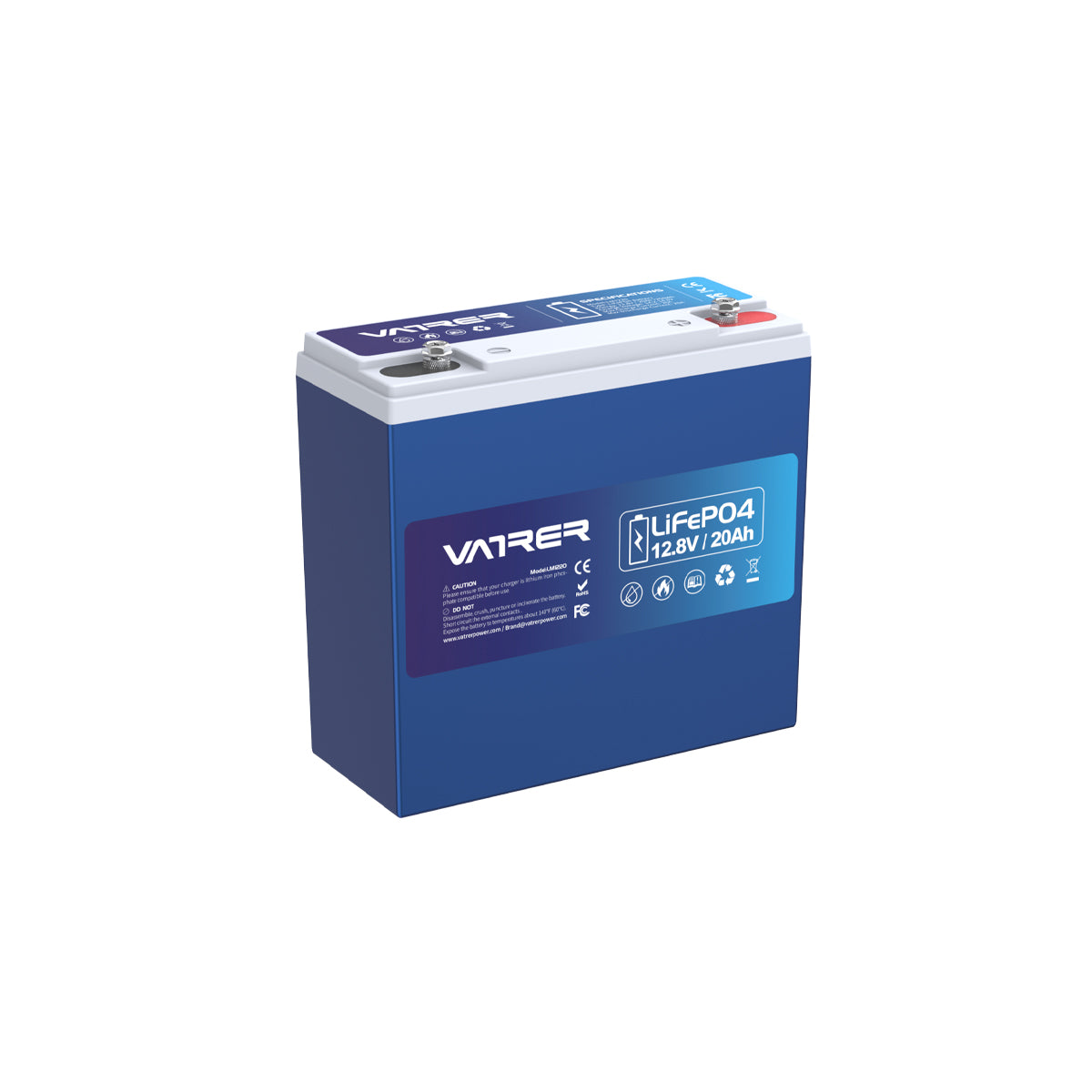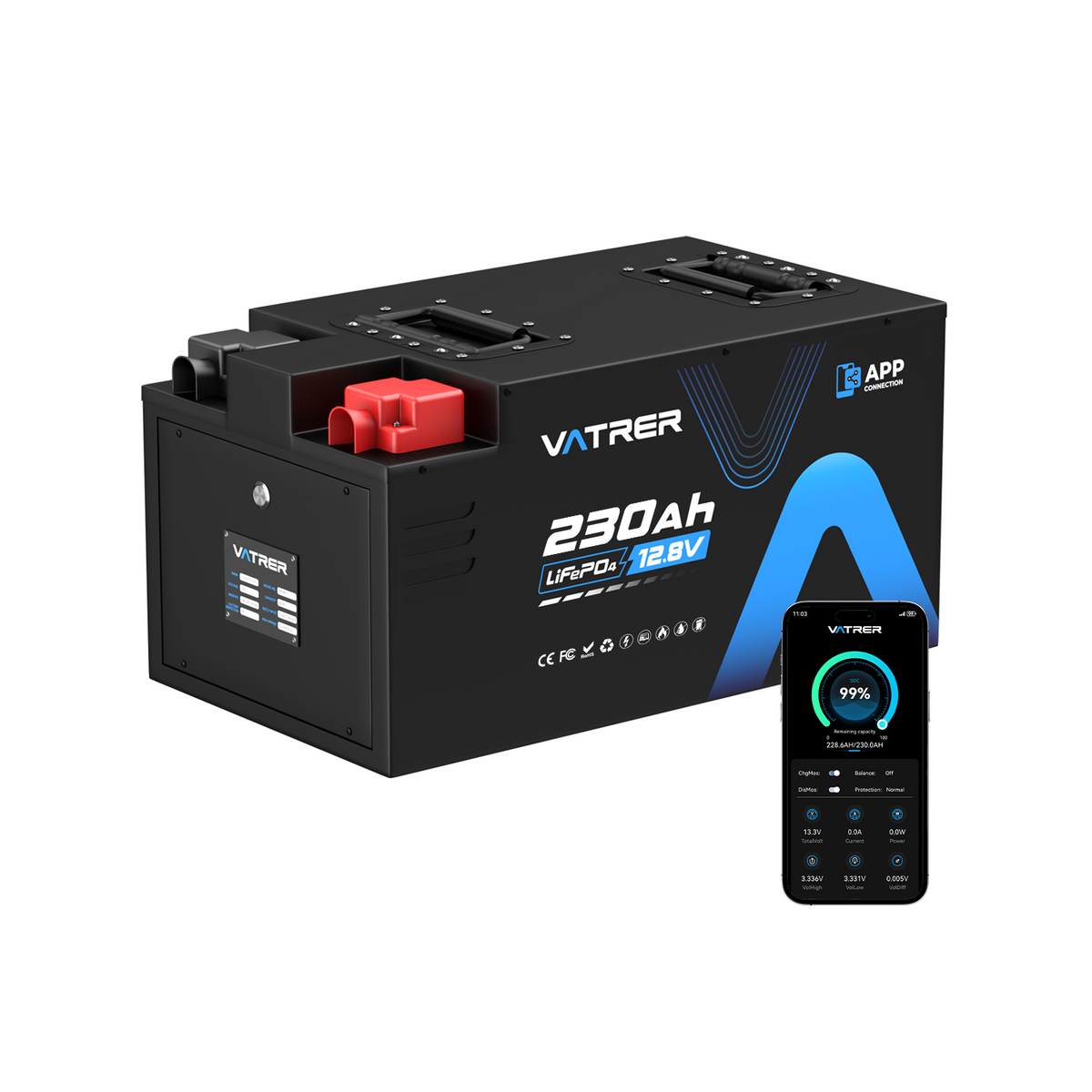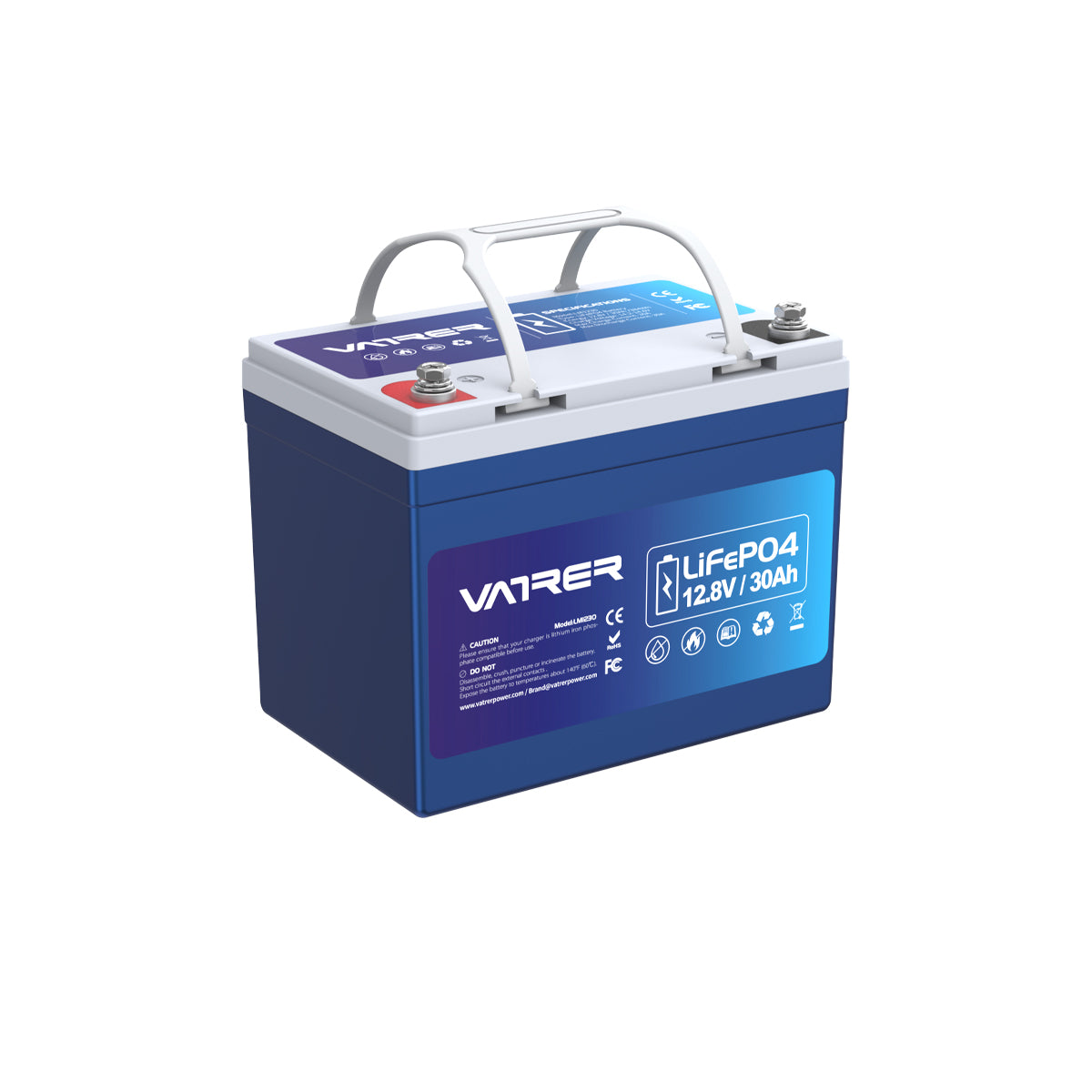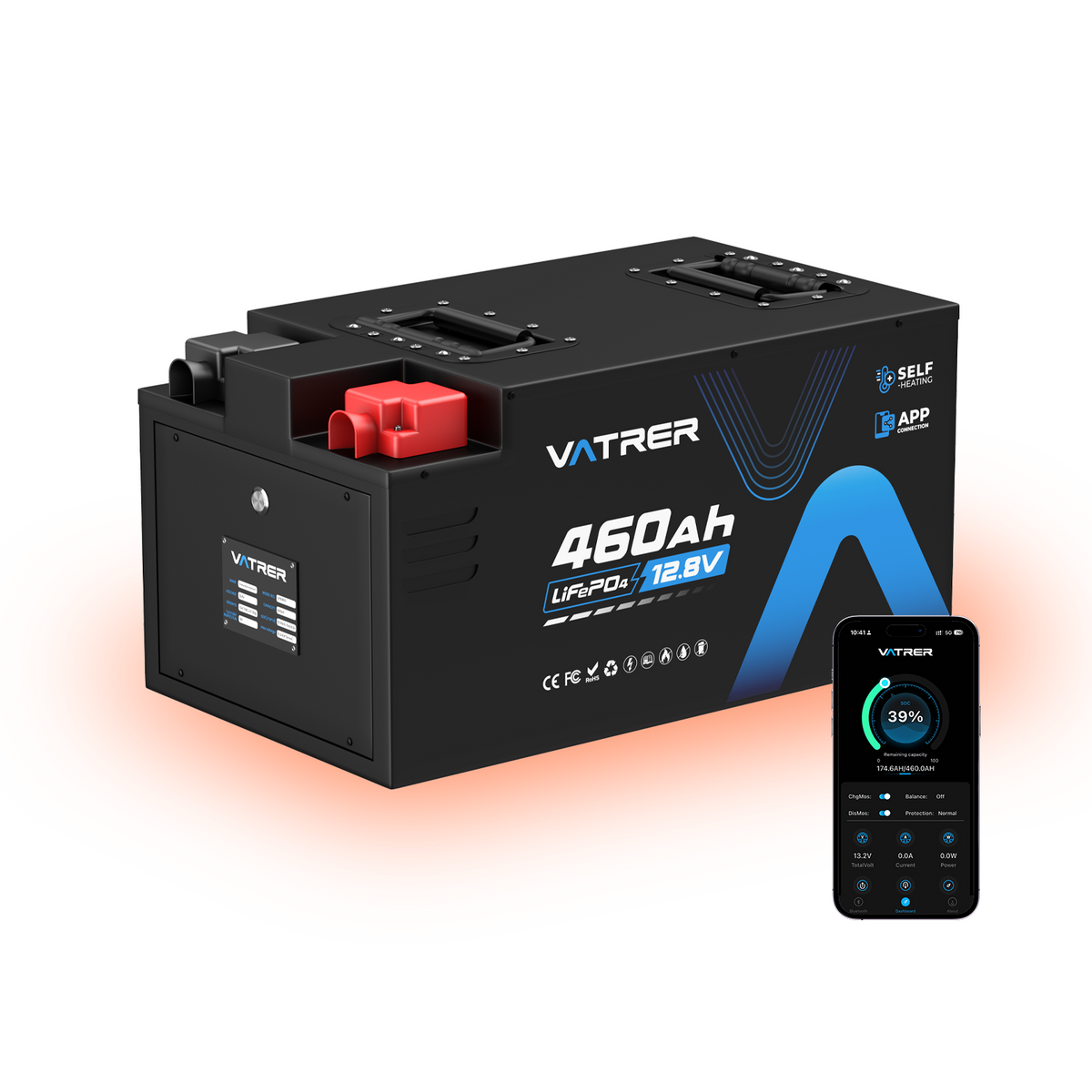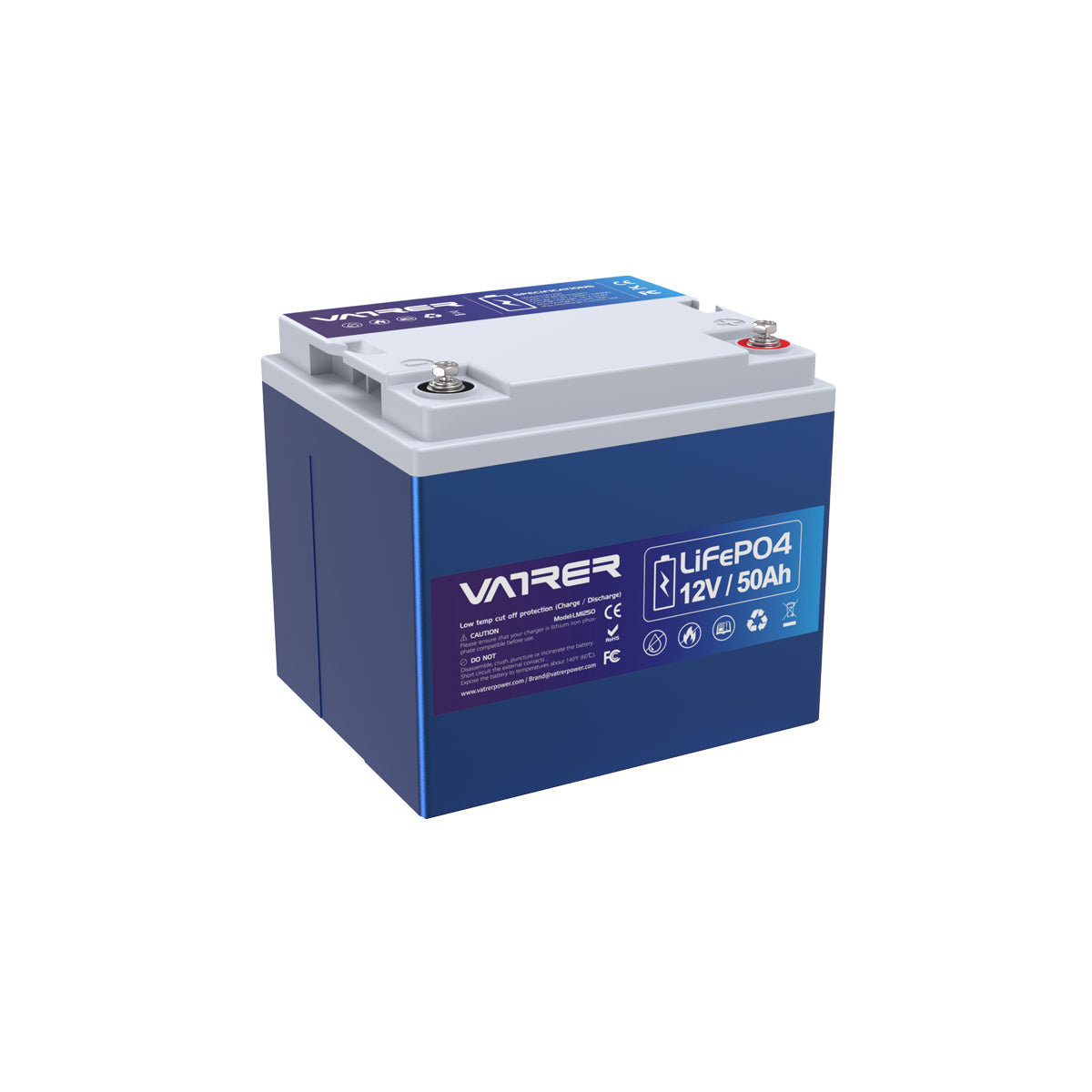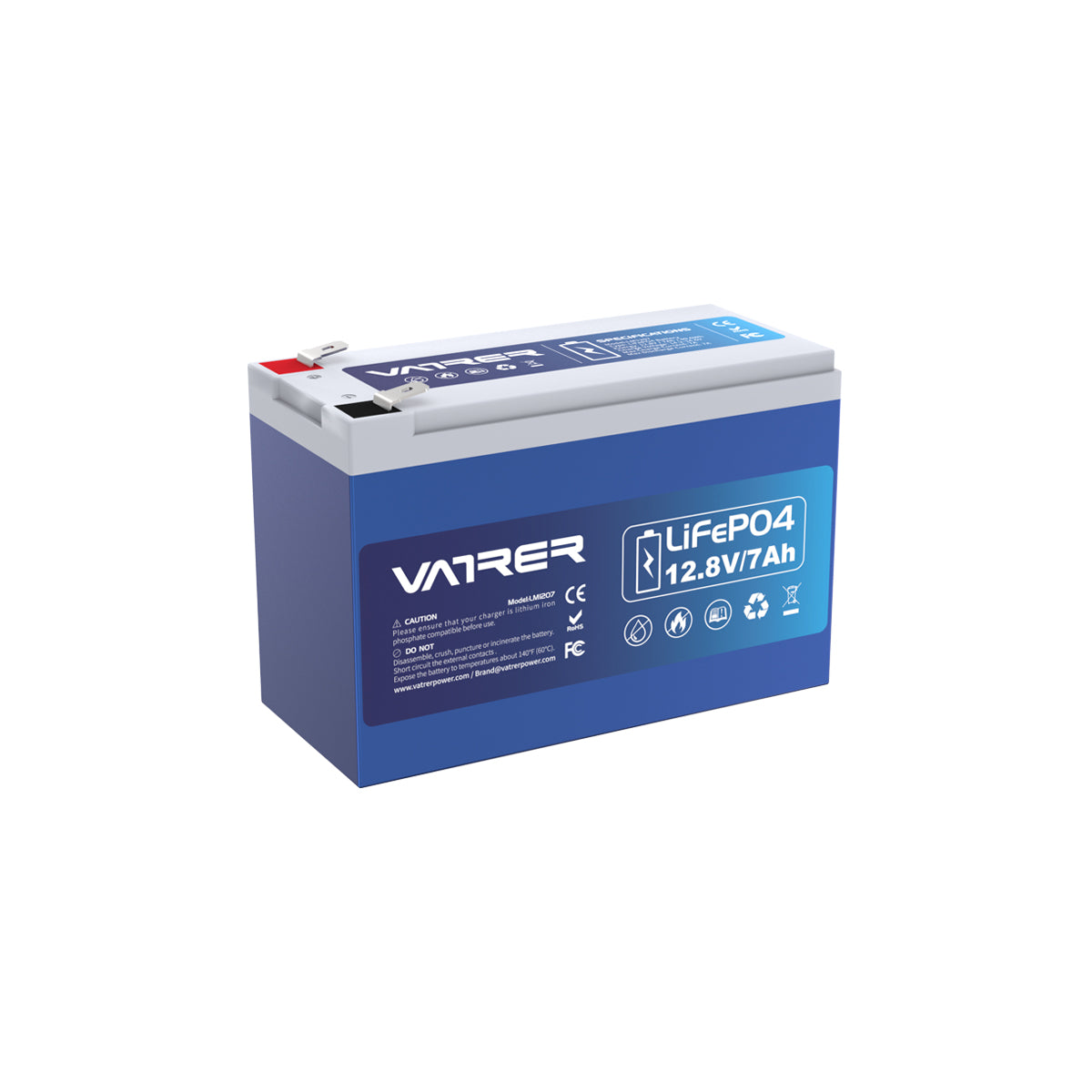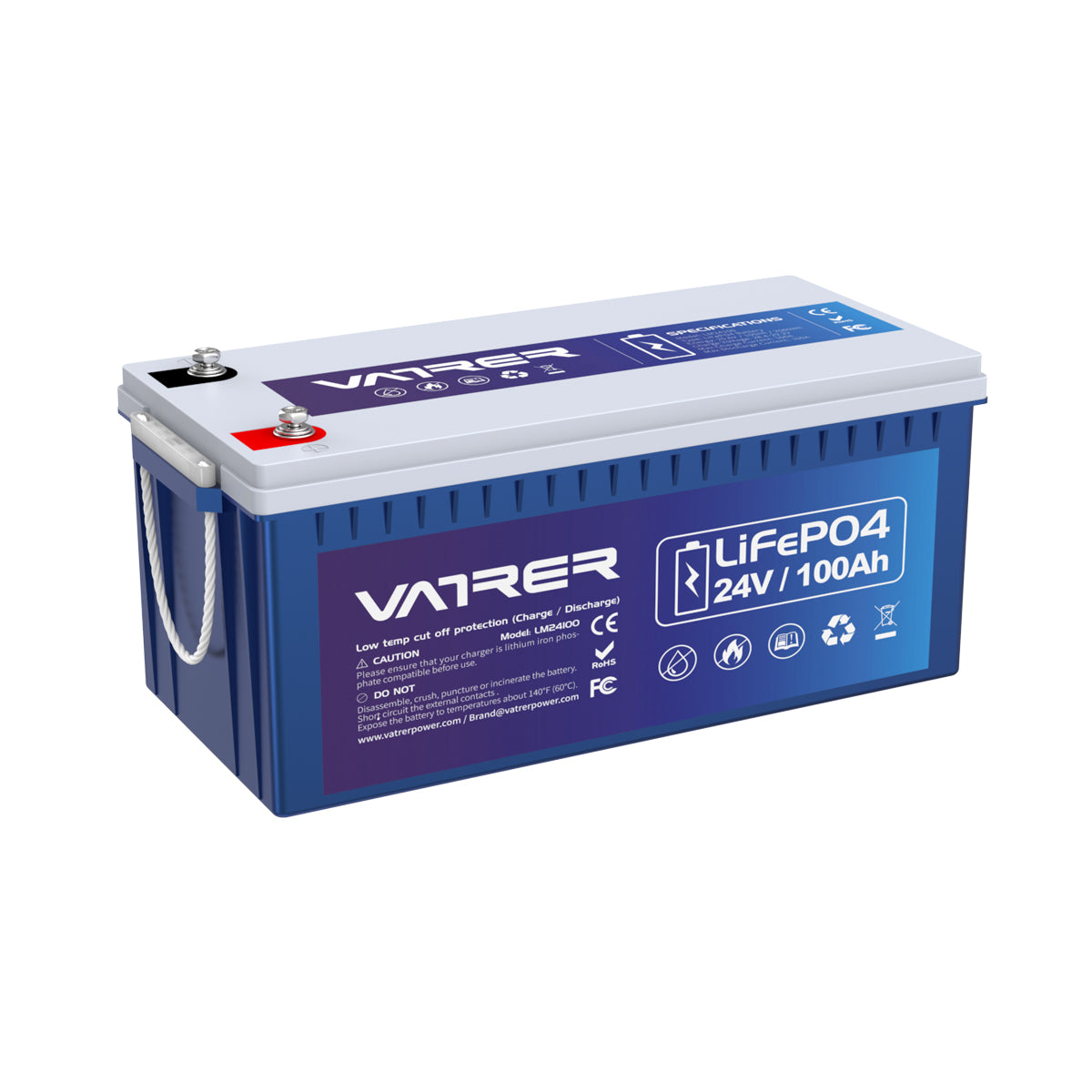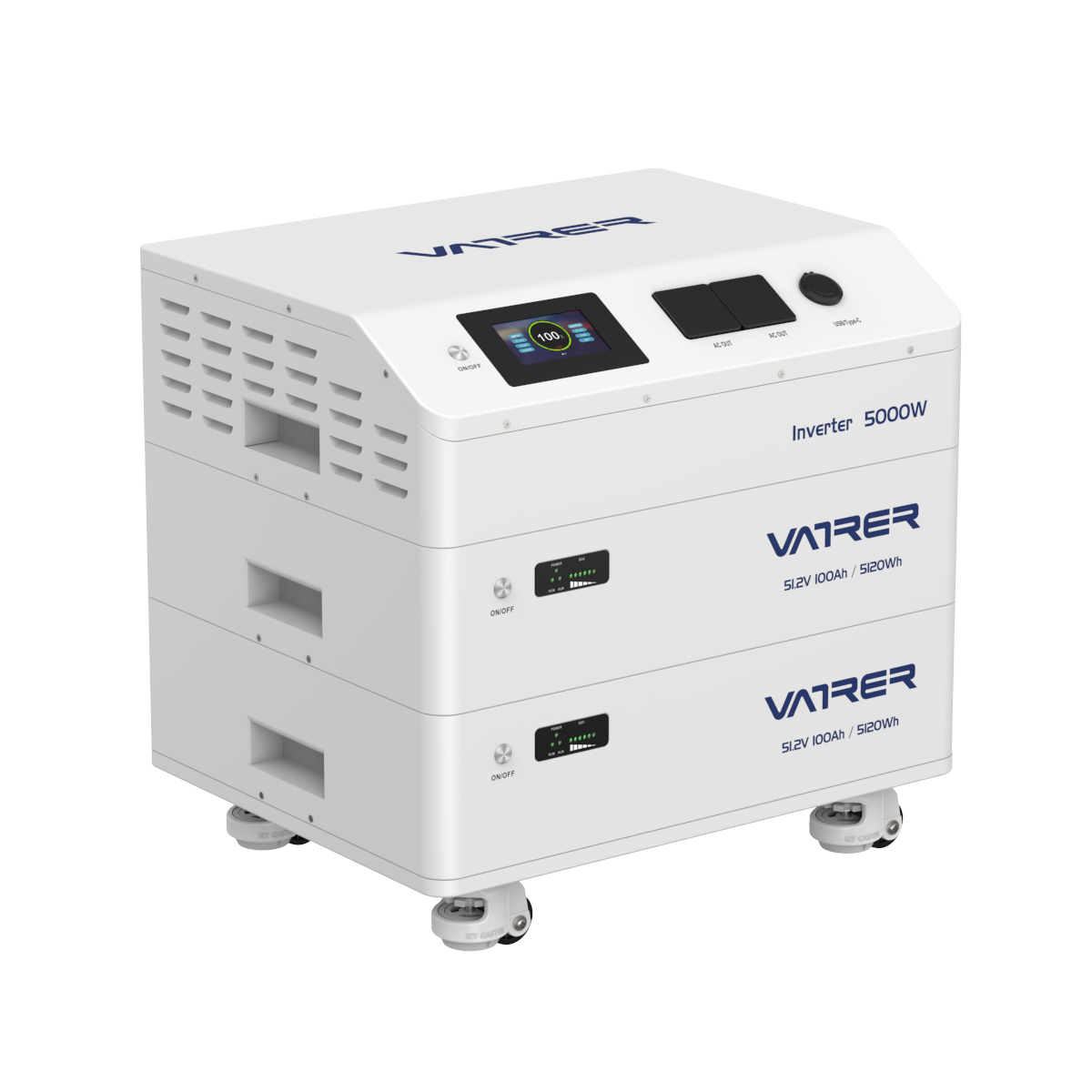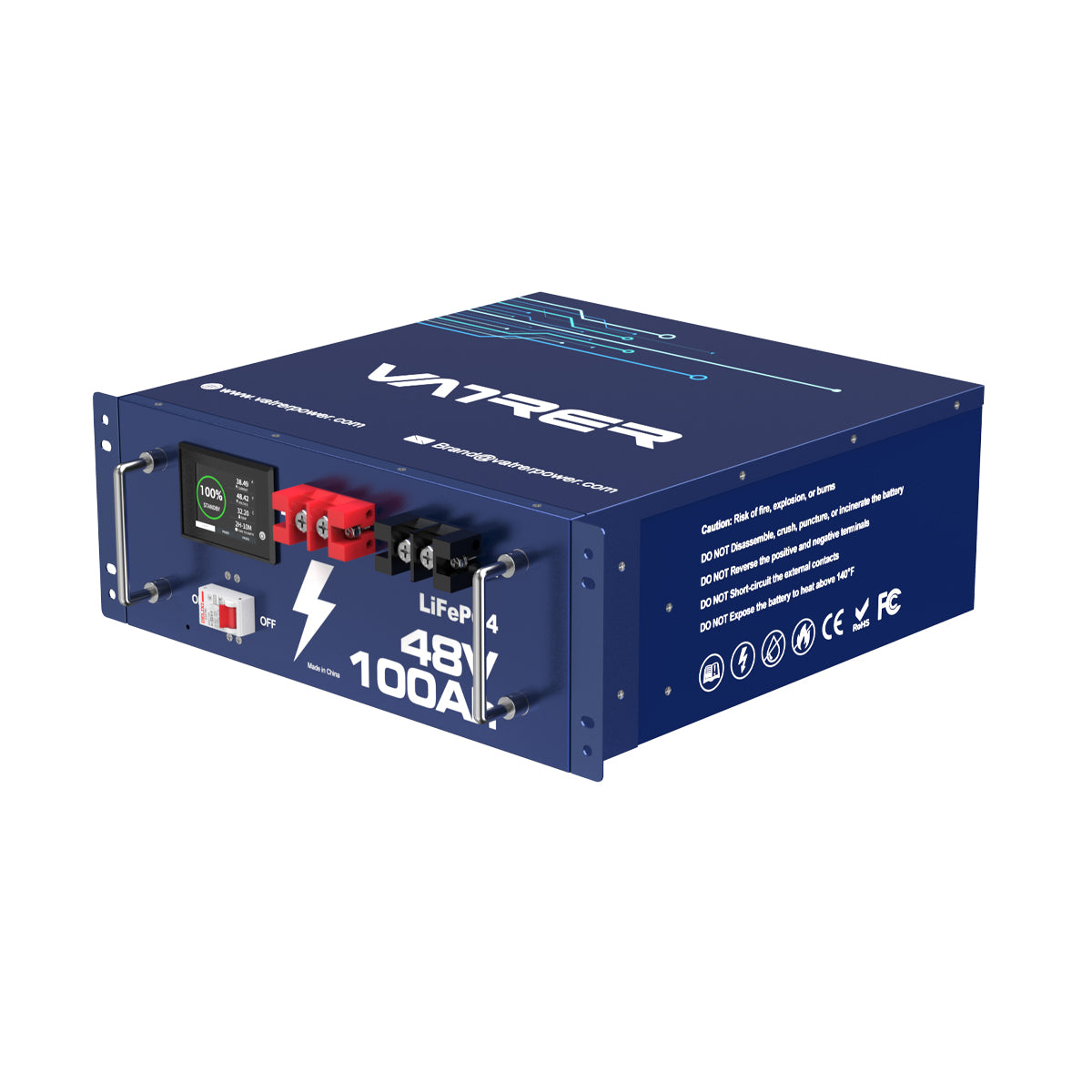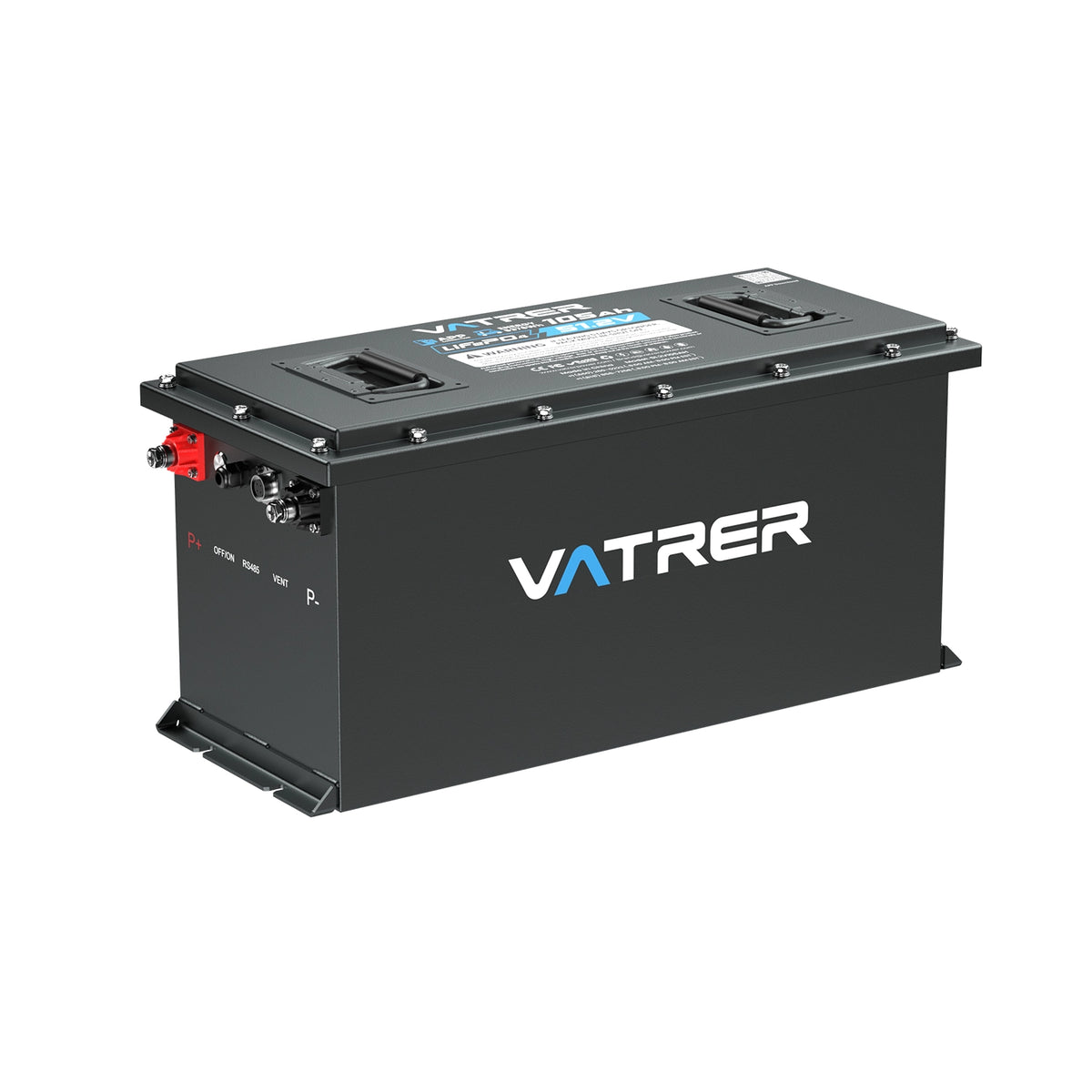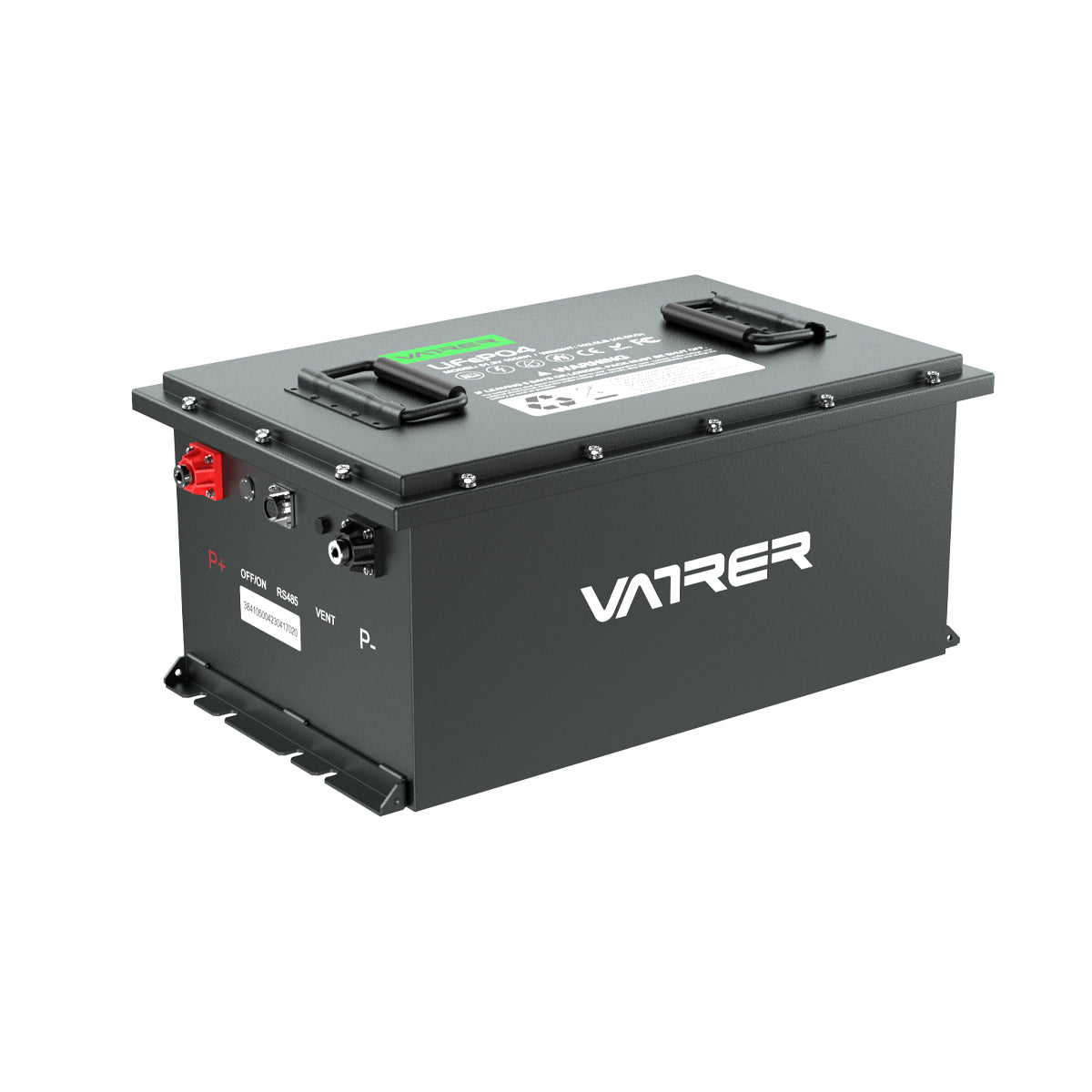When it comes to powering your golf cart, choosing the right battery is crucial for optimal performance and longevity. Two of the most popular types of batteries on the market are AGM (Absorbent Glass Mat) and lithium batteries. Each has its own set of advantages and drawbacks. In this blog post, we'll compare AGM and lithium golf cart batteries to help you make an informed decision.
What Are AGM Batteries?
AGM batteries are a type of lead-acid battery where the electrolyte is absorbed into a glass mat separator, which makes them spill-proof. They are known for their durability and ability to withstand deep cycling, which is essential for golf carts.

Pros of AGM Batteries:
-
Cost-Effective: AGM batteries are generally cheaper upfront compared to lithium batteries.
-
Maintenance-Free: Unlike traditional flooded lead-acid batteries, AGM batteries do not require regular topping up of water.
-
Durability: AGM batteries are resistant to vibration and can handle rough terrain, making them suitable for golf carts.
Cons of AGM Batteries:
-
Weight: AGM batteries are significantly heavier than lithium batteries, which can affect the overall performance of your golf cart.
-
Lifespan: Typically, AGM batteries have a shorter lifespan compared to lithium batteries, often requiring replacement after a few years.
-
Efficiency: AGM batteries have lower energy efficiency and take longer to charge.
What Are Lithium Batteries?
Lithium batteries, specifically lithium iron phosphate (LiFePO4) batteries, are becoming increasingly popular for golf carts due to their numerous advantages. They offer a modern alternative to traditional lead-acid batteries.

Continue reading: The Truth About Lithium Golf Cart Batteries
Pros of Lithium Batteries:
-
Lightweight: Lithium batteries are much lighter than AGM batteries, which can enhance the speed and efficiency of your golf cart.
-
Longevity: Lithium batteries have a much longer lifespan, often lasting up to 10 years or more.
-
Fast Charging: Lithium batteries charge much faster than AGM batteries, allowing you to get back on the course quickly.
-
Efficiency: They have higher energy efficiency and can deliver consistent power output even when the battery is low.
-
Maintenance-Free: Like AGM batteries, lithium batteries require no maintenance.
Cons of Lithium Batteries:
-
Cost: The initial cost of lithium batteries is higher than AGM batteries, which can be a significant investment.
-
Temperature Sensitivity: Lithium batteries can be less effective in extreme temperatures, although many modern lithium batteries come with built-in temperature management systems.
Which Should You Choose?
The choice between AGM and lithium batteries for your golf cart depends on your specific needs and budget.
AGM Batteries are Ideal If:
-
You are looking for a cost-effective solution.
-
Your golf cart usage is moderate and does not require the longest lifespan or the lightest weight.
-
You prefer a battery that is robust and can handle rough terrains.
Lithium Batteries are Ideal If:
-
You are willing to invest more upfront for long-term savings.
-
You want a lightweight battery that enhances the performance of your golf cart.
-
Fast charging and higher efficiency are important to you.
-
You seek a battery with a longer lifespan and minimal maintenance.
Conclusion
Both AGM and lithium batteries have their own unique advantages and disadvantages. AGM batteries are a reliable and cost-effective choice for many golf cart owners, while lithium batteries offer superior performance, longevity, and efficiency. Assess your specific needs and budget to determine which type of battery is the best fit for your golf cart. Regardless of your choice, upgrading your battery can significantly enhance your golfing experience.
Continue reading: Lead Acid Batteries vs. AGM Batteries: Unveiling the Power Behind Energy Storage











